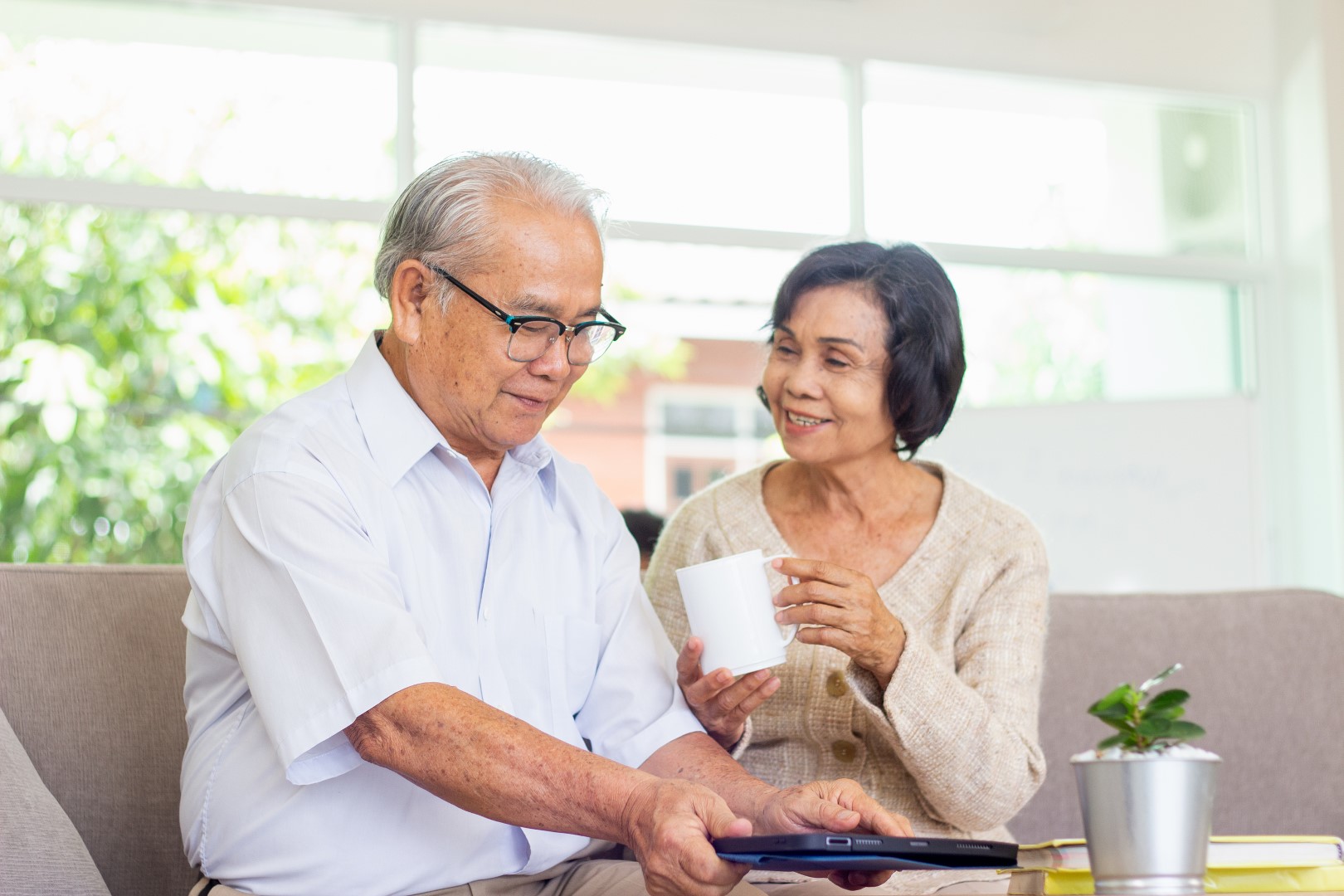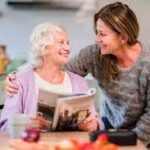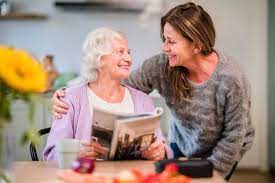Building a daily routine for elderly loved ones is essential for their physical health, emotional well-being, and cognitive functioning. A structured day provides stability, reduces anxiety, and helps caregivers manage their time more effectively. Whether you’re caring for a senior at home or supporting them from a distance, establishing a consistent schedule can dramatically improve their quality of life.
Why Routine Matters for Seniors
Enhances Physical Health
Consistent meal times, medication schedules, and physical activity support a senior’s physical health. A regular routine ensures they are eating properly, staying hydrated, and taking their medications on time.
Reduces Cognitive Confusion
For elderly individuals with dementia or cognitive decline, a predictable schedule minimizes confusion and disorientation. Familiar patterns help maintain a sense of control and comfort.
Promotes Emotional Well-being
A daily structure reduces feelings of isolation and uncertainty. Activities planned throughout the day give seniors something to look forward to, making their days more meaningful.
Elements of a Healthy Daily Routine
Morning Routine
Start the day with gentle activities that prepare them physically and mentally.
- Wake up at a consistent time
- Personal hygiene (brushing teeth, washing face, etc.)
- Light stretching or mobility exercises
- A nutritious breakfast
Mid-Morning Activities
Engaging the mind and body during this time keeps seniors stimulated.
- Reading newspapers or books
- Listening to music
- Short walk or light physical activity
- Puzzle games or memory exercises
Lunchtime and Rest
Meal times should be calm and social when possible. After lunch, a period of rest helps rejuvenate energy levels.
- A balanced lunch
- Quiet time for napping or resting
- Relaxation with soothing music or audiobooks
Afternoon Engagement
This part of the day is perfect for hobbies and light chores.
- Gardening or crafting
- Folding laundry or organizing drawers
- Family time or phone/video calls with loved ones
Evening Wind Down
The evening routine should help the senior wind down and prepare for bed.
- Light dinner with easy-to-digest foods
- Watching a favorite show or reading
- Bathing and nighttime hygiene
- Calm environment with dimmed lighting
Tips for Creating an Effective Routine
Customize to Their Needs
Every senior has unique preferences and limitations. Consider their medical needs, sleep patterns, and personality when creating the routine.
Involve the Elderly Person
Including them in planning their schedule increases engagement and cooperation. It also helps them feel valued and independent.
Be Flexible
While routines provide structure, it’s important to be adaptable. Allow room for mood changes, appointments, or unexpected events.
Use Visual Aids
Calendars, clocks, and printed schedules can serve as reminders and help seniors follow the routine independently.
Incorporate Social Interaction
Loneliness is a common issue among seniors. Make room in the schedule for visits, phone calls, or community events if possible.
Common Challenges and How to Overcome Them
Resistance to Change
Start with small adjustments rather than implementing a full routine at once. Gradually introduce changes while offering encouragement and explanation.
Fatigue or Illness
On difficult days, simplify the routine. Focus on essential activities like eating, hydration, and rest.
Memory Loss or Confusion
Use cues such as alarms, checklists, or caregiver reminders to keep them on track.
Conclusion
Creating a structured daily routine for your elderly loved one is one of the most impactful ways to support their well-being. It promotes physical health, mental clarity, and emotional security. By taking the time to thoughtfully design and implement a flexible yet consistent routine, caregivers can make each day smoother and more enjoyable for seniors.
FAQs
1. What is the ideal wake-up time for seniors?
Most seniors benefit from waking up around 6:30–8:00 AM, aligning with natural sleep cycles and maximizing daylight hours.
2. How much physical activity should be included in a senior’s routine?
At least 30 minutes of light to moderate activity daily is beneficial, such as walking, stretching, or chair exercises.
3. Should naps be part of a senior’s daily routine?
Yes, a short nap (20–30 minutes) after lunch can help improve alertness and mood without disrupting nighttime sleep.
4. How do I adjust a routine for a senior with dementia?
Stick to a consistent schedule, use visual cues, and avoid overstimulation. Keep tasks simple and calming.
5. What role do hobbies play in an elderly routine?
Hobbies provide joy, mental stimulation, and a sense of purpose. They can reduce stress and improve overall mood.












